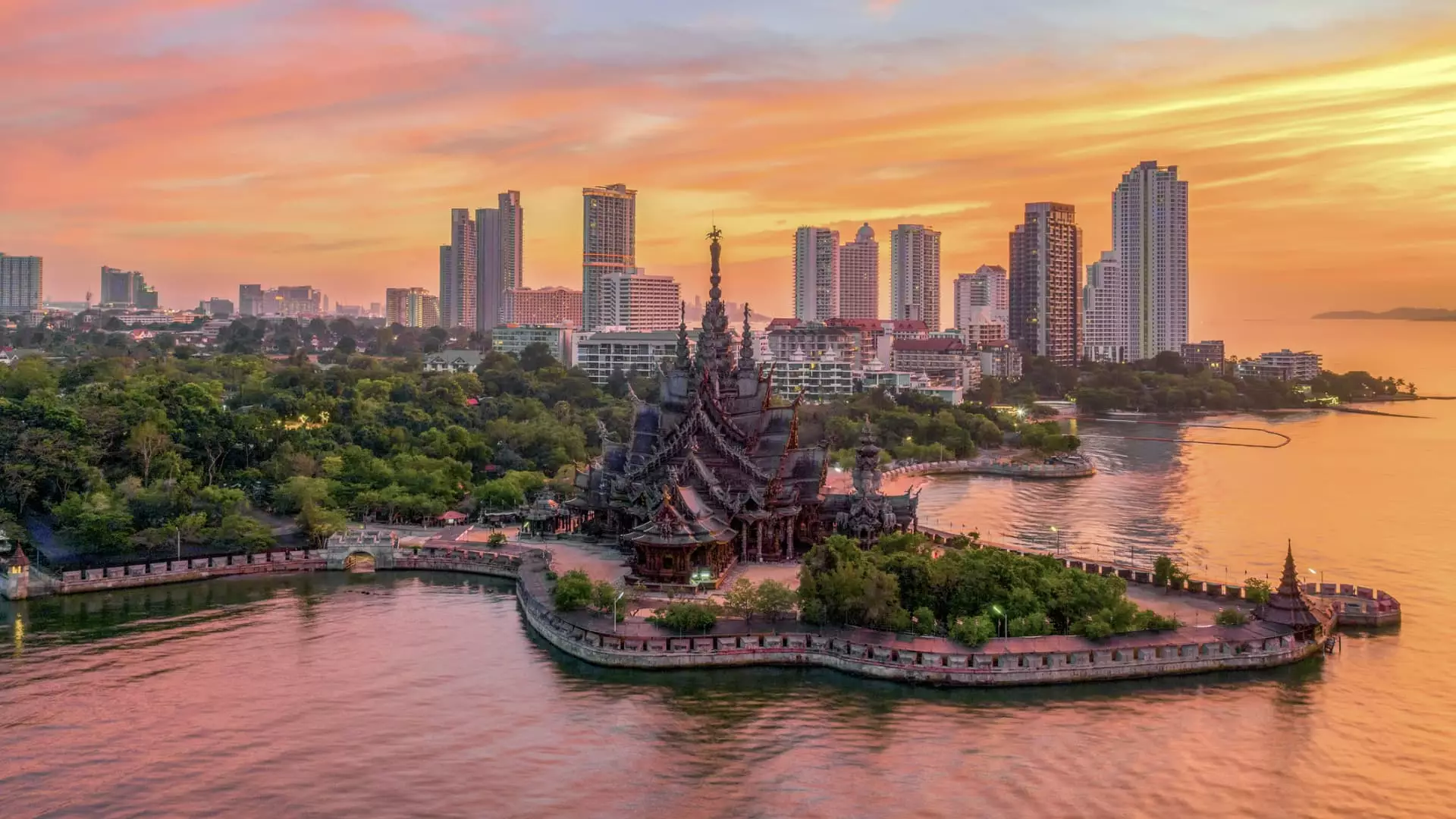Thailand is considering a radical new approach to revitalize its tourism sector by legalizing casinos. This strategy has proven successful in places like Macao and Singapore, propelling these destinations to the forefront of the global gambling industry. If Thailand follows suit and allows casinos to operate within its borders, it could emerge as a formidable competitor to these established gaming hubs by the end of the decade.
The Covid-19 pandemic dealt a severe blow to Thailand’s tourism sector, disrupting the country’s economic growth. While tourism is a critical driver of Thailand’s economy, the number of foreign visitors has yet to fully recover to pre-pandemic levels. The resurgence of Chinese tourists, in particular, is essential for Thailand to regain its tourism momentum.
Former Thai Prime Minister Srettha Thavisin initiated a bill to legalize entertainment complexes in Thailand, aiming to stimulate tourism spending, create employment opportunities, and reignite economic activity. Even with a change in leadership, experts believe that this legislation will likely proceed, given the potential benefits it offers to the country.
If the bill is enacted, Thailand’s nascent casino industry could generate significant revenue, contributing up to 1% of the country’s GDP. This influx of capital could provide a much-needed boost to Thailand’s economy, which experienced modest growth in recent years.
While the precise locations for Thailand’s casinos remain undisclosed, industry analysts speculate that they may be situated in less developed areas such as the Eastern Economic Corridor. By avoiding overly saturated urban centers like Bangkok, Thailand can maximize the economic benefits of its new gaming establishments.
Drawing upon successful examples like Marina Bay Sands in Singapore, Thailand aims to create integrated resorts that cater to both gamblers and non-gamblers. By offering a diverse range of entertainment options, such as bars, pools, hotels, and restaurants, Thai casinos can appeal to a broader demographic of tourists.
Proposed regulations for Thailand’s casinos include entrance fees for citizens, licensing requirements, and financial obligations for operators. By imposing strict guidelines, Thailand seeks to create a transparent and accountable gambling industry that can attract reputable investors.
Industry experts believe that Thailand has the potential to emerge as a major player in the Asian gaming market, rivaling established destinations like Singapore. With careful planning and effective management, Thailand’s casinos could become a prominent source of revenue and tax income, benefiting both the tourism sector and the national economy.


Leave a Reply